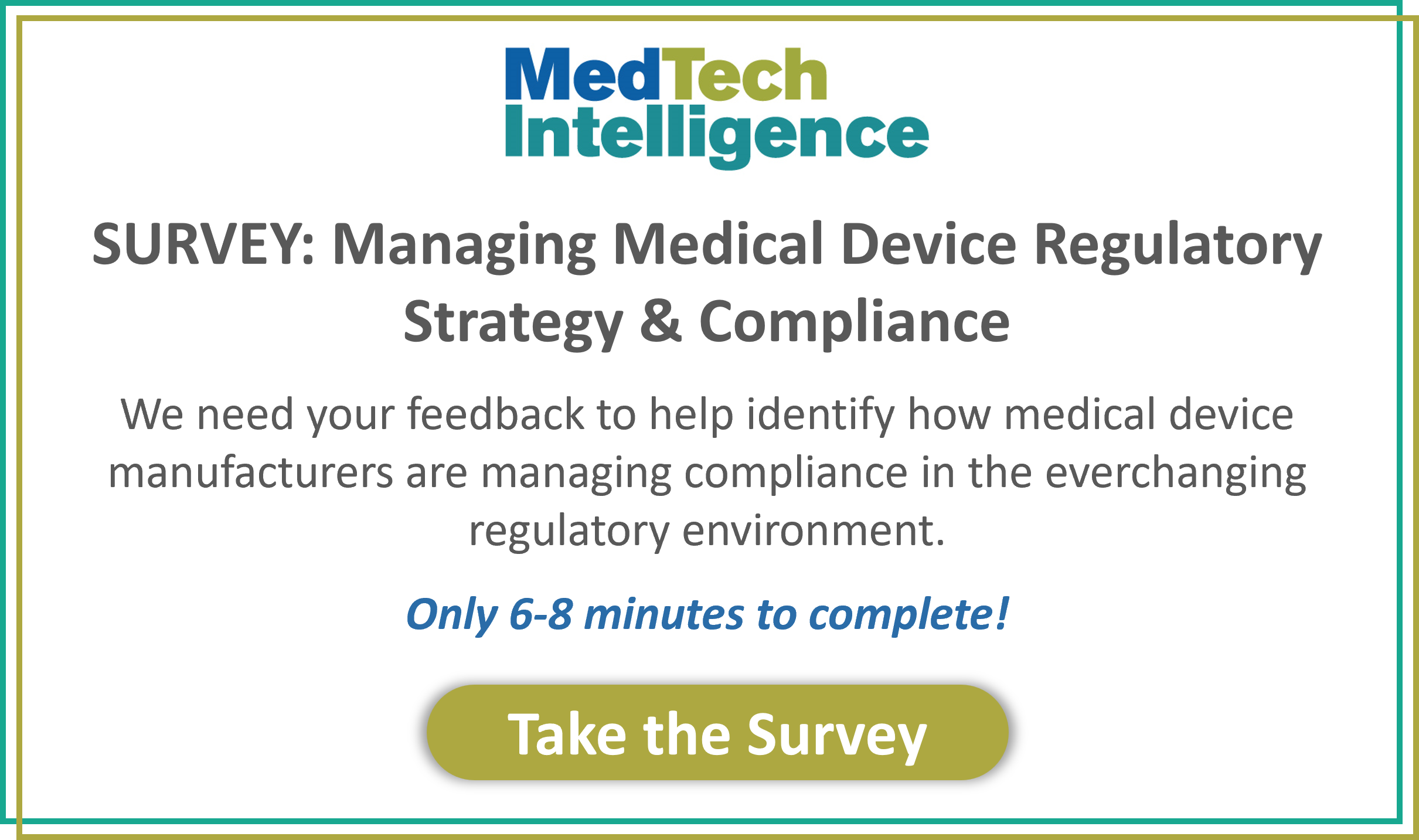The FDA has published a new draft guidance that outlines its current views regarding ethical considerations for clinical investigations of medical products in children. The guidance seeks to balance the need to obtain data on the safety and effectiveness of drugs, biological products and medical devices in the pediatric population with risks associated with exposure to such products and the reality that children cannot themselves consent to take part in research.
The draft guidance provides an ethical framework, which directs that IRBs should find that the study presents no greater than a minimal risk to children, unless there is a prospect of direct benefit to the individual study subject.
“Children should not be enrolled into a clinical investigation unless their participation is necessary to answer an important scientific and/or public health question directly relevant to the health and welfare of children,” the FDA wrote in the guidance. “For example, for products that are being developed for use in adults and children, if effectiveness in adults can be extrapolated to children, then effectiveness studies in adults should be conducted to minimize the need to collect effectiveness data in children.”
Risk Assessment
Risk assessment should include both the treatment and placebo arms of the study with assessment of the risk predicated on adequate safety data. Safety data should include: All available clinical safety data, including data collected from healthy adults, if appropriate; adults with the same condition; or adults or children treated with the same drug or device for a different indication.
If such information is not available, safety information may be limited to nonclinical studies, which could include: Nonclinical studies to evaluate maximum tolerated doses or device performance and safety; juvenile animal studies to support the pediatric age groups being studied; and/or nonclinical studies of sufficient duration to support treatment for chronic conditions.
Assent To Enroll
Both parents/guardians and the child must assent to the child’s participation in the study. “Assent means a child has provided affirmative agreement to participate in a clinical investigation; mere failure to object should not be construed as assent,” the FDA wrote.
Situations where assent of the child may be waived include an IRB finding that the child’s capability is so limited they cannot reasonably be consulted, or the intervention or procedure involved in the clinical investigation holds out a prospect of direct benefit that is important to the health or well-being of the child/children and is available only in the context of the clinical investigation.
Assent may also be waived—even with an IRB finding that the child is capable of assent—if the IRB finds and documents that all the following criteria are met:
- The clinical investigation involves no more than minimal risk to the subjects;
- The waiver will not adversely affect the rights and welfare of the subjects;
- The clinical investigation could not practicably be carried out without the waiver; and
- Whenever appropriate, the subjects will be provided with additional pertinent information after participation.
Medical Devices
The draft guidance specific to medical device clinical investigations notes that, “The available clinical data for the device (e.g. published studies and reports and actual use information) should be considered when designing the clinical trial to maximize the amount of information gained and minimize the number of subjects involved. For indications involving both adults and children, it may be possible to design a single pivotal study that includes both pediatric and adult subjects to reduce the burden of multiple studies and to optimize the sample sizes for both the pediatric and adult study populations.”
Industry and stakeholders can submit comments on the guidance document electronically via docket ID: FDA-2013-S-0610 or by mail:
Dockets Management
Food and Drug Administration
5630 Fishers Lane, Rm 1061
Rockville, MD 20852







